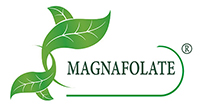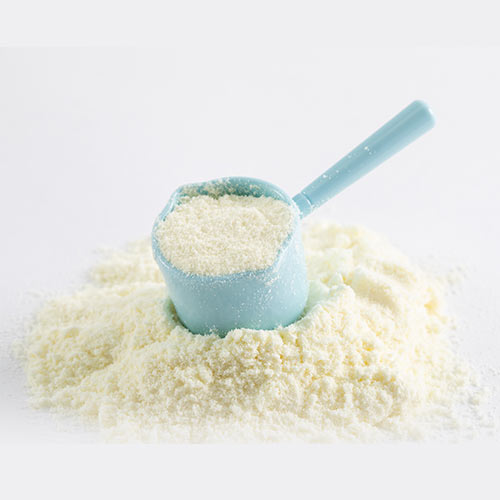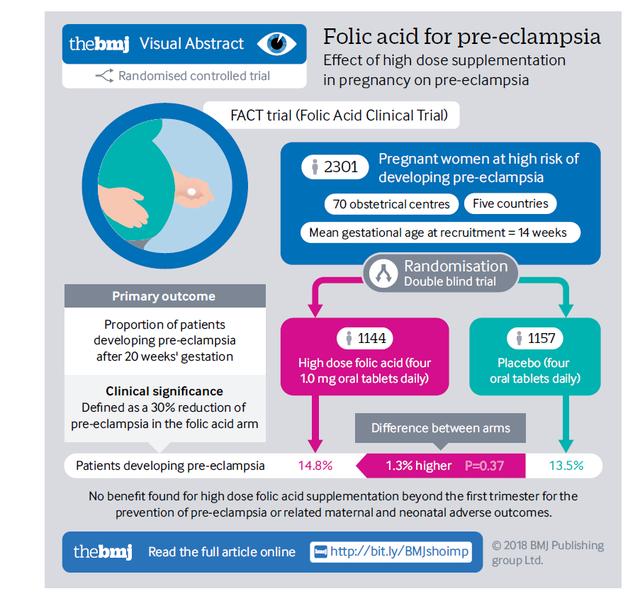Preeclampsia, a stealthy threat during pregnancy, has long been a source of concern for countless families. It poses a risk to both maternal health and fetal development. In the quest for effective preventative measures, the medical community has made significant strides with a recent discovery—5-Methyltetrahydrofolate (5-MTHF).
Introduction: The Link Between Preeclampsia and Homocysteine
Preeclampsia is a complex obstetric complication with an elusive etiology. However, studies suggest that disrupted homocysteine metabolism could be a pivotal factor in its development. Elevated homocysteine levels are tied to endothelial dysfunction and oxidative stress, which are potential pathways leading to preeclampsia. Thus, targeting homocysteine metabolism has emerged as a crucial strategy in preeclampsia prevention.

5-Methyltetrahydrofolate (5-MTHF): A Natural Approach to Lowering Homocysteine and Preventing Preeclampsia
5-Methyltetrahydrofolate (5-MTHF), an active form of folate, plays a direct role in homocysteine metabolism within the body. Unlike synthetic folic acid, 5-MTHF is readily available for use by the body, making it more efficient in managing homocysteine levels. By supplementing with 5-MTHF, it is hypothesized that homocysteine levels can be significantly reduced, thus preventing preeclampsia.

Clinical Research: 5-MTHF Reduces Recurrence Risk in Pregnant Women with a History of Preeclampsia
Between January 2009 and August 2013, a clinical controlled study in Naples, Italy, conducted a pioneering prevention trial involving pregnant women with a history of preeclampsia.
The study enrolled 303 pregnant women with singleton pregnancies; 157 received daily oral 5-MTHF 15mg supplements along with low-dose aspirin (100mg/day), while 146 received only aspirin without 5-MTHF supplements. The study excluded women with chronic hypertension, multiple pregnancies, or MTHFR gene mutations.
Results indicated that the recurrence rate of preeclampsia in the 5-MTHF supplemented group was significantly lower than the control group (21.7% vs. 39.7%; OR=0.57, 95% CI: 0.25-0.69). Additionally, the incidence of severe preeclampsia (3.2% vs. 8.9%; OR=0.44, 95% CI: 0.12-0.97) and preterm preeclampsia (1.9% vs. 7.5%; OR=0.34, 95% CI: 0.07-0.87) was markedly reduced in the 5-MTHF group.

Furthermore, the study group's mean delivery time was approximately 10 days later than the control group (259 days vs. 249 days), with higher birth weights (2983g vs. 2518g) and significantly lower rates of respiratory distress syndrome (RDS) and intubation in newborns.
Subgroup Analysis and Mechanism Discussion
Subgroup analysis revealed that among pregnant women without chronic diseases, the 5-MTHF group also showed significantly lower rates of preeclampsia recurrence, severe preeclampsia, and preterm preeclampsia compared to the control group. These findings suggest that daily oral 5-MTHF 15mg supplements can substantially reduce the risk of preeclampsia recurrence, including severe and preterm cases.

5-MTHF, as the most bioactive form of folate, is integral to folate metabolism and plays a crucial role in homocysteine metabolism and placental development. Hyperhomocysteinemia is linked to oxidative stress and endothelial dysfunction, which may be part of the pathogenesis of preeclampsia. Supplementing with 5-MTHF can effectively lower homocysteine levels, potentially preventing preeclampsia.
It's noteworthy that a product known as Naturalization folate, which is 5-MTHF tailored for maternal and infant use, is available on the market. This product avoids toxic substances like formaldehyde and p-toluenesulfonic acid in its production process and strictly controls harmful impurities to achieve a virtually non-toxic level. It rapidly elevates serum and red blood cell folate levels, providing a safer shield for maternal and infant health.
Conclusion and Outlook
In summary, 5-Methyltetrahydrofolate (5-MTHF) has demonstrated significant efficacy in preventing preeclampsia. However, due to the retrospective nature of the study, with limitations such as a relatively small sample size and lack of randomization, further large-sample randomized controlled trials are recommended to confirm its effectiveness. Additionally, the long-term effects and cost-effectiveness of 5-MTHF in preventing preeclampsia warrant further investigation.
Despite these limitations, this study provides valuable insights into preeclampsia prevention and underscores the importance of continued research on 5-MTHF. With ongoing advancements in medical research, we can look forward to discovering more safe and effective methods to prevent preeclampsia, ensuring a healthier pregnancy journey and the birth of healthy babies.

References:
1. Saccone G, Sarno L, Roman A, Donadono V, Maruotti GM, Martinelli P. 5-Methyl-tetrahydrofolate in prevention of recurrent preeclampsia. J Matern Fetal Neonatal Med. 2015; DOI: 10.3109/14767058.2015.1023189.
2. Lian Zenglin, Liu Kang, Gu Jinha, Cheng Yongzhi, et al. Biological characteristics and applications of folate and 5-Methyltetrahydrofolate. China Food Additives, Issue 2, 2022.
3. Lamers Y, Prinz-Langenohl R, Braumswig S, Pietrzik K. Red blood cell folate concentrations increase more after supplementation with [6S]-5-Methyltetrahydrofolate than with folic acid in women of childbearing age. Am J Clin Nutr. 2006;84:156-161.
#L-Methylfolate#5-MTHF#folate# L-5-methyltetrahydrofolate calcium#SSW#Magnafolate#151533-22-1#active folate# preeclampsia #HCY#

 Español
Español Português
Português  русский
русский  Français
Français  日本語
日本語  Deutsch
Deutsch  tiếng Việt
tiếng Việt  Italiano
Italiano  Nederlands
Nederlands  ภาษาไทย
ภาษาไทย  Polski
Polski  한국어
한국어  Svenska
Svenska  magyar
magyar  Malay
Malay  বাংলা ভাষার
বাংলা ভাষার  Dansk
Dansk  Suomi
Suomi  हिन्दी
हिन्दी  Pilipino
Pilipino  Türkçe
Türkçe  Gaeilge
Gaeilge  العربية
العربية  Indonesia
Indonesia  Norsk
Norsk  تمل
تمل  český
český  ελληνικά
ελληνικά  український
український  Javanese
Javanese  فارسی
فارسی  தமிழ்
தமிழ்  తెలుగు
తెలుగు  नेपाली
नेपाली  Burmese
Burmese  български
български  ລາວ
ລາວ  Latine
Latine  Қазақша
Қазақша  Euskal
Euskal  Azərbaycan
Azərbaycan  Slovenský jazyk
Slovenský jazyk  Македонски
Македонски  Lietuvos
Lietuvos  Eesti Keel
Eesti Keel  Română
Română  Slovenski
Slovenski  मराठी
मराठी  Srpski језик
Srpski језик 








 Online Service
Online Service